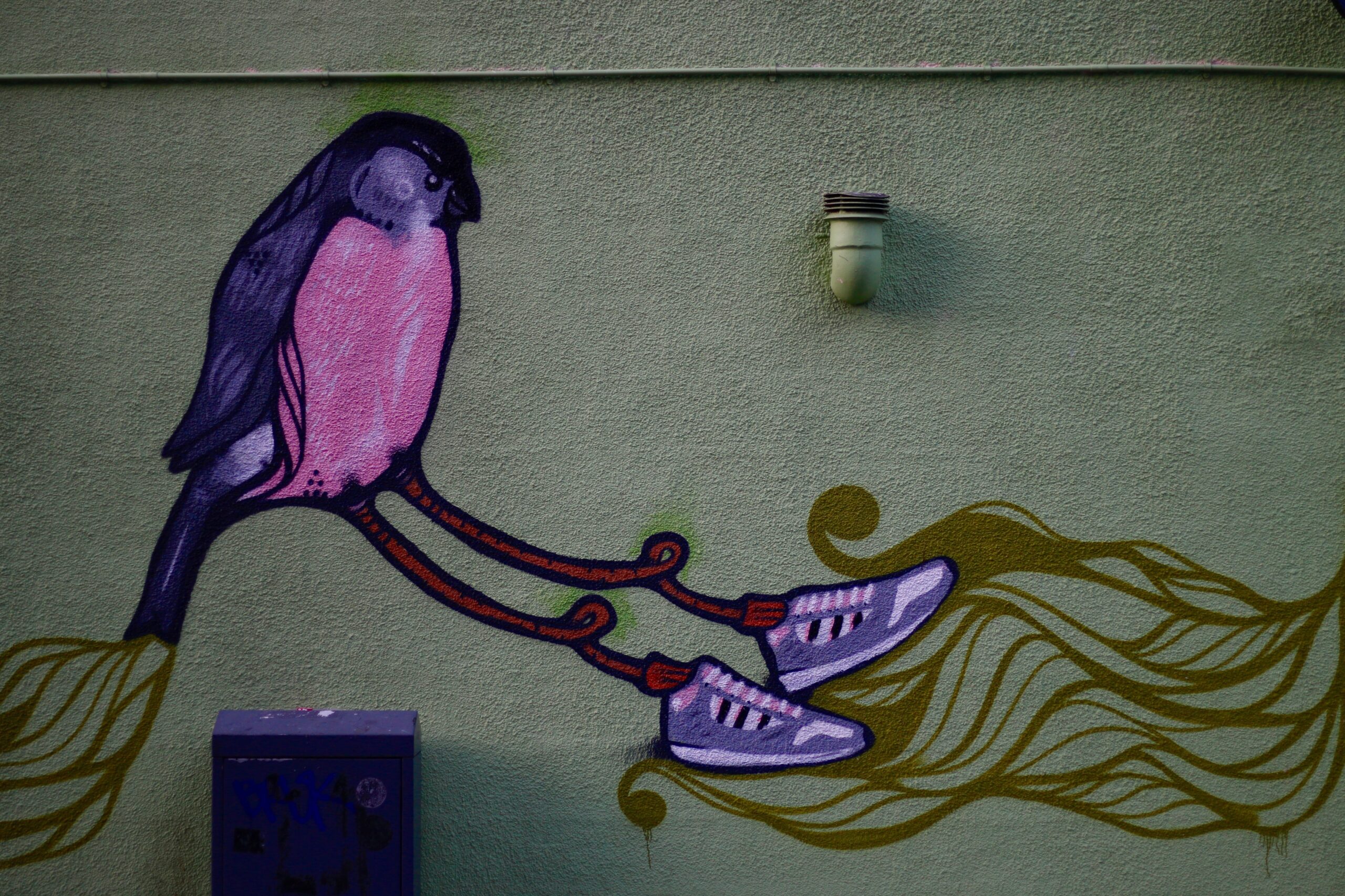
My practice is full of articulate, intellectually gifted, successful individuals. I witness how these individuals spend session after session trying to convince me that they are no good. We go over painstakingly, inch by inch into their failures and many flaws. Each crevice and crack felt over and examined. Each mistake magnified and put under floodlights for easy viewing.
There is a lot of merit in learning from our mistakes and adverse experiences. However, if you are an overthinker or perfectionist chances are you pick the event threadbare and enter a neurotic spiral of emotional disturbance after. . This is called rumination. This cycle sustains the feeling of inadequacy and keeps you trapped in the morass of self-doubt. Managing rumination helps reduce negative loops and improves mood significantly.
Some typical characteristics of rumination:
- Post-mortem of events in the past that you have no power to change.
- Tendency to spend hours replaying painful experiences leading to a negative thinking spiral
- Obsessively thinking about details of the event
- Being consumed with imagining a different outcome or a different response to the original event
- Going down rabbit holes of ‘what-ifs’
- Triggering a cascade of memories of all related failure leading to further disturbance
- Self critical self-talk
When does Rumination and Overthinking usually Manifest?
1. After a perceived failure or mistake- Rumination is a coping mechanism that allows us to feel like we are productively analysing a failure for lessons, when in reality we are just avoiding truly feeling our emotions.
2. Before a promotion or a potential advancement in career. It is used as a way of lowering our expectations and bracing ourselves for potential future failure.
3. As a procrastination tool– avoiding action out of our comfort zone that one must take.
Where’s the Vaccine?
If we were to reach deeper, we might discover emotions of shame, fear, sadness, anger and hurt that are too overwhelming to acknowledge behind overthinking.
The mind will always choose thinking about pain rather than experience it directly.
Often it is a re-enactment of an internalised parental voice designed to protect against getting too cocky or ‘big for my own boots’.
There is a difference between maladaptive brooding and adaptive reflective pondering. It is easier to wander the corridors of the past in our mind, replaying the events over and over. I often liken rumination with an argument with reality. You can construct robust arguments and counter-arguments in your defence but in the end reality always wins. And so instead of mining the adversity for lessons, we berate ourselves for perceived mistakes and stay stuck.
Is there an antidote against rumination and hence eventually impostor syndrome? Accessing unconditional positive regard for self is definitely one. It is also a practice that needs to be cultivated.
What has worked for me whenever self-doubt rears her pretty head, is replacing self-judgement with curiosity. It is a gentle and surprisingly efficient way to dislodge rumination’s hold over the mind.
Curiosity is also cognitive but it comes from a playful, non-judgemental place. It helps us zoom out and put some distance between ourselves and the negative self-talk. The minute this distancing happens, there is an innate separation of failure from self. Now a dialogue can take place between the part that feels responsible for the failure and the part that is judging it harshly, all in the loving, playful presence of curiosity. This way we slowly become more objective, learn and break free from the gravity of feeling like dead weight. For example, rumination might have led me down the following rabbit hole-
Self-Doubt: “You smiled too much with this client. And why do you feel the need to be funny? How come you missed the obvious segue into an important issue the client has been avoiding. No one will think you are professional. You suck., etc.”
Curiosity: I wonder why am I being so hard on myself? How am I really feeling? What am I avoiding? What permission am I not giving myself? Is it true? That I suck?
Turning ruminative decrees into questions helps break its hold, or at least weaken it.
And once this shift has occurred, I remind myself that thoughts are not facts.
Thoughts are an instrument of choice and rumination is a way of using this instrument to torture oneself.
So, I choose differently till self-doubt shows up again. But this time she is not there to throw me into an obsessive spiral but to remind me to access my self-compassion by piquing my curiosity…